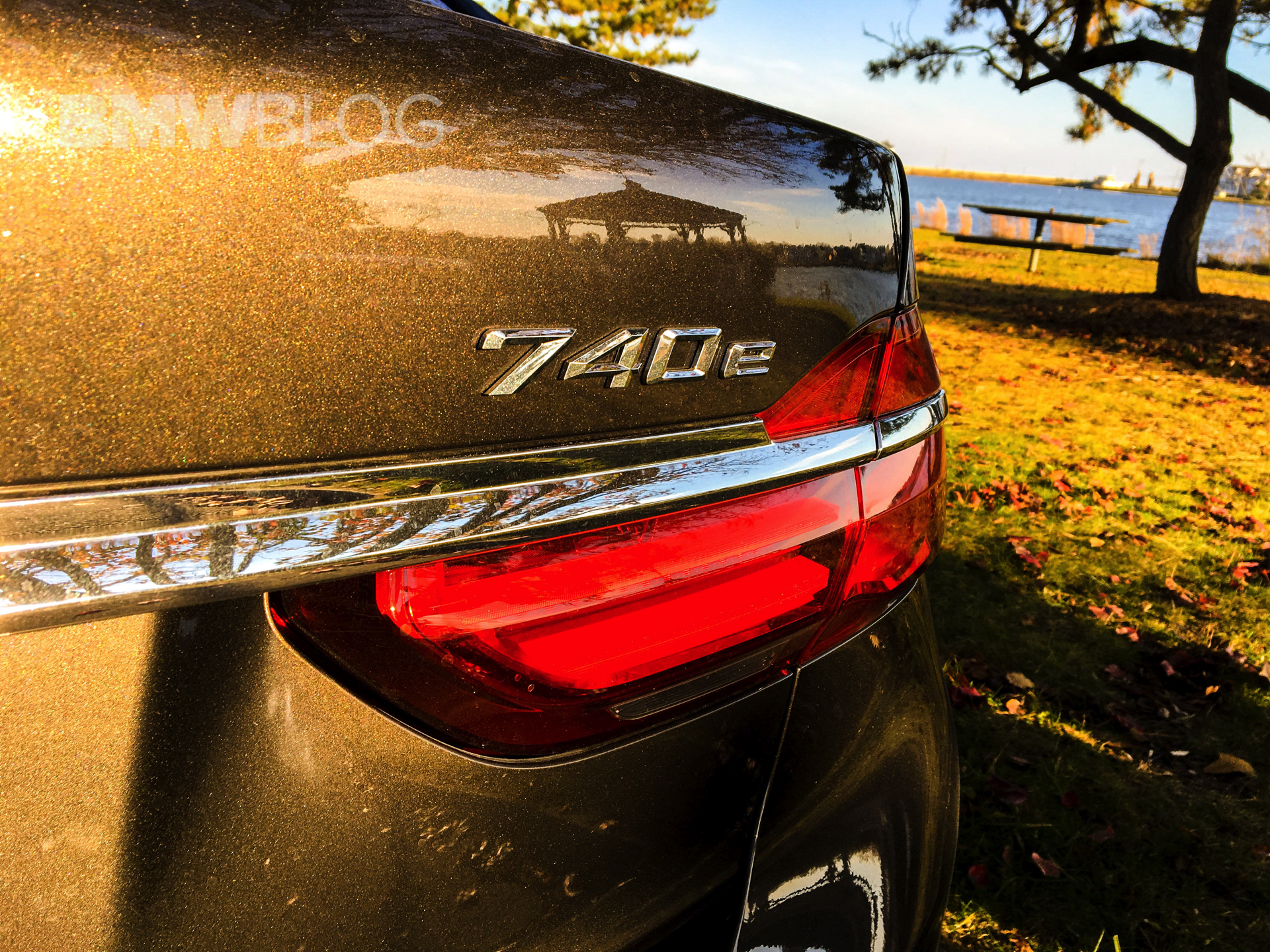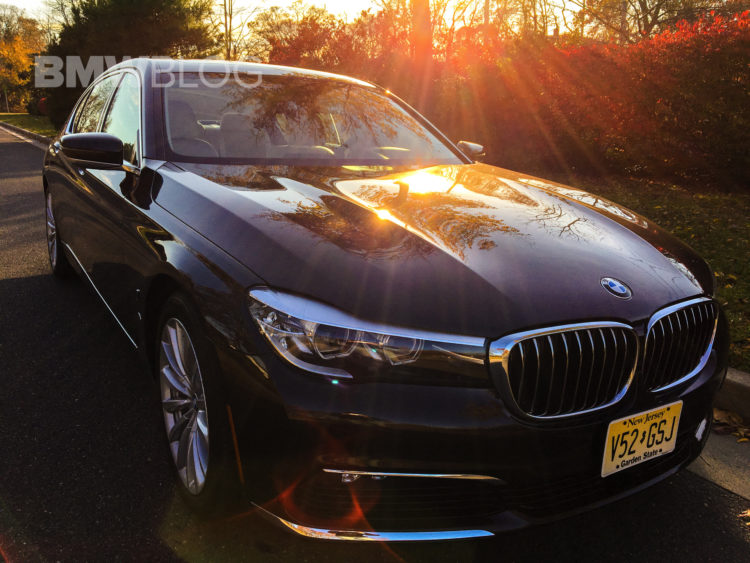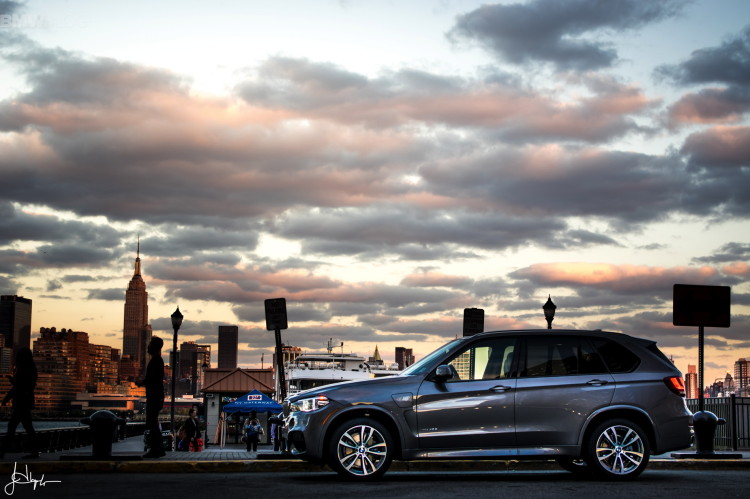According to our sources, BMW is looking to revamp its high-end offering of plug-in hybrids. Planned for next year are two new models – the BMW 745e – which will essentially replace the current 740e, and the X4 xDrive45e also replacing its correspondent 40e model.
The new hybrids are rumored to offer more power – final numbers were not available at the moment – and we also believe they will have a longer driving range on electric power. The current 740e‘s 9.2 kWh lithium-ion battery offers an all-electric range of 14 miles and recharges via a standard J1772 3.7 kW plug.
For hybrid duty, the BMW 740e packs a new 2.0 liter turbocharged four-cylinder engine (known internally as B48) engine that is paired with an electric motor, which combine to send power through an eight-speed automatic transmission. The 2.0 liter engine develops 255 hp and the electric motor to make 111 hp. Those two combine to make 322 hp, because weird maths. The 369 lb-ft isn’t anything to boast about, but it’s the torque delivery that impresses. Electric motors provide instantaneous torque, without the need to rev, so when combined with the engine the 740e develops peak torque at 1,250 rpm.
The plug-in hybrid variant of the BMW X5 uses BMW’s now famous 2.0 liter turbocharged four-cylinder engine which makes 240 hp in tandem with a 111 electric motor and a battery. This combines to give the BMW X5 xDrive40e 309 hp, again, strange math. The X5 xDrive40e has 13 miles (21 km) of total all-electric driving range.
It remains to be seen if BMW will choose to use a six-cylinder engine in the new plug-in hybrids which will significantly bump the power output.
With the recent improvements in battery capacities and density, as well as with the looming appearance of the i8 Facelift and i8 Roadster which also get a bump in electric range, the upgrade for the high-end plug-in hybrids looks like natural progression and an alignment with market and customer requirements. If the rumor turns out true, the first models are likely to arrive in the second half of 2018.







































































